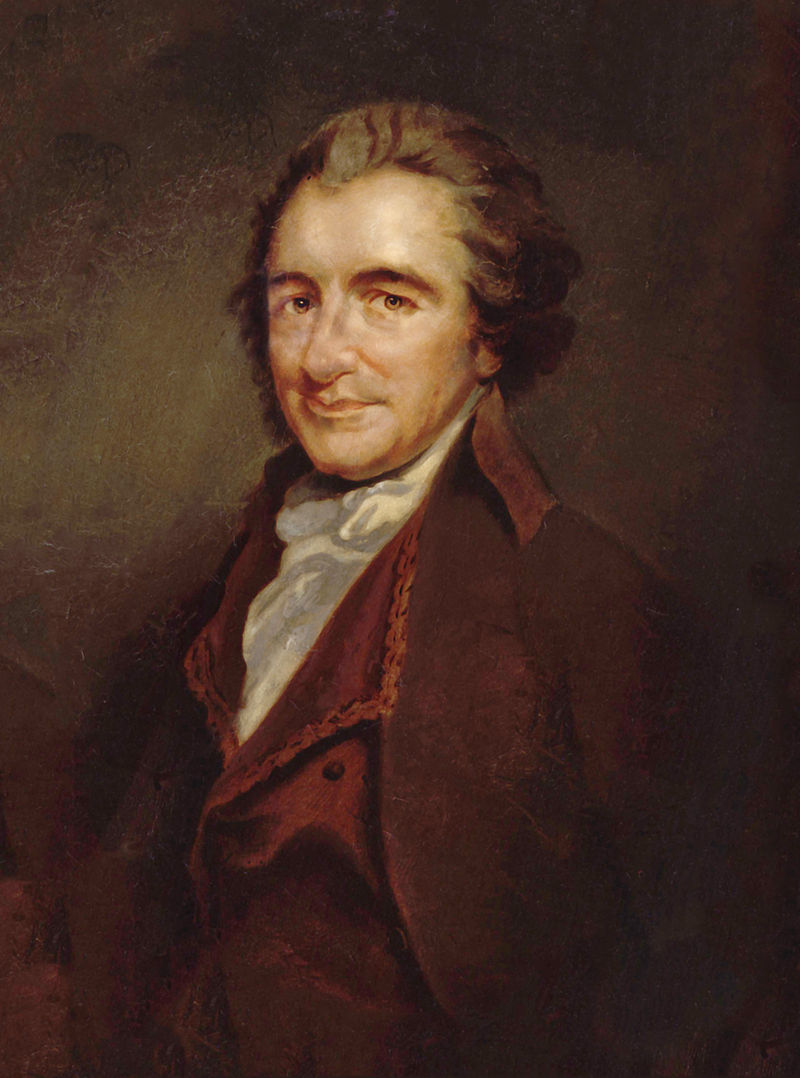 To Richard Colton Lyon
To Richard Colton Lyon
Via Santo Stefano Rotondo, 6
Rome. July 28, 1950
Dear Dick,
You end your long letter, just received, with a pleasing suggestion (as ladies used to do in postscripts) which I mustn’t leave unnoticed. I didn’t send you Cardiff’s book because I was disgusted with it and have not sent it to anybody, not even to Cory.* When he sent me half a dozen pages, I smelt a rat at once, but didn’t wish to discourage him, because the project of a selection of maxims or thoughts or epigrams had always tempted my vanity, to show the water-lilies that might be picked in the stagnant pools of philosophy. But I told him that I felt that his selections, though good, were not diversified enough: too much commonplace rationalism (when I am not a rationalist) and not enough cynicism or scepticism or psychological malice: and I gave him a sample of what I wished he would include, what Mario says about our “having to change the truth a little in order to remember it”. When the book arrived I saw that the old rascal had left that out! He also represented me as merely renovating Tom Paine, instead of Thomas Aquinas! Cheap and witless criticism of religion, without all the pages of sympathetic treatment of it, for instance in “The Idea of Christ in the Gospels”. I was furious; but in time, and on looking at other parts of the book, I have reconciled myself to it somewhat. But I am delighted to hear that you have had that project in mind, for some distant future entertainment. And you, who before you had seen me, chose that passage at the end of the Dialogue on Normal Madness, may be relied on not to miss the strong and really radical things. And that egregious Cardiff actually quotes the last few words, which seem, alone, a melodramatic piece of verbiage, when it is all the profound philosophy (not mere physics) of Democritus when it comes after the picture of Alcibiades winning the chariot-race at Olympia and his dismay at thinking it all dissolved into atoms. Weep, my son, if you are human, but laugh also, if you are a man.
This might lead me back to the body of your letter and the question of the moral sense. But I don’t feel like going into it. I read lately in the Times Literary Supplement a review of a Scottish philosopher who maintains the mysterious absoluteness of what is “right” as distinguished from what is naturally good. I have always wondered at the aura that hangs about the word “duty”. It means only owed. If you have pledged yourself to pay something you are bound in honour to pay it—if you can. The propriety of this conduct is obvious; but the mystic awe that hangs about “you ought” is superstitious.—Very glad you are deep in French. Tell me what you are reading.
Yours, G Santayana
*. Cory understands most of my philosophy very well; but he doesn’t want to pledge himself to it, where English academic opinion disapproves; so that sometimes he allows himself unbecoming language.
From The Letters of George Santayana: Book Eight, 1948-1952. Cambridge, MA: The MIT Press, 2008.
Location of manuscript: The Houghton Library, Harvard University, Cambridge MA.
